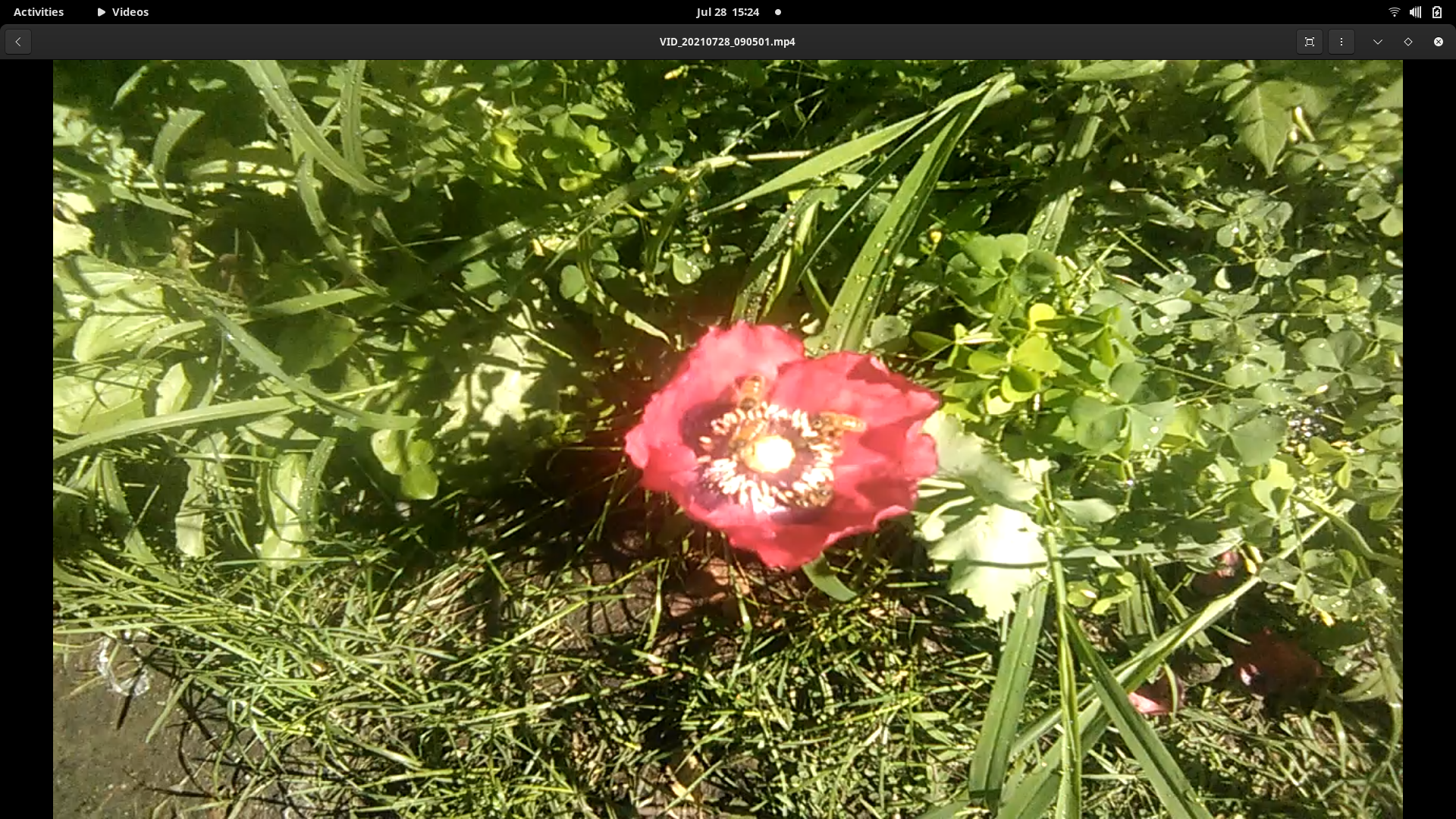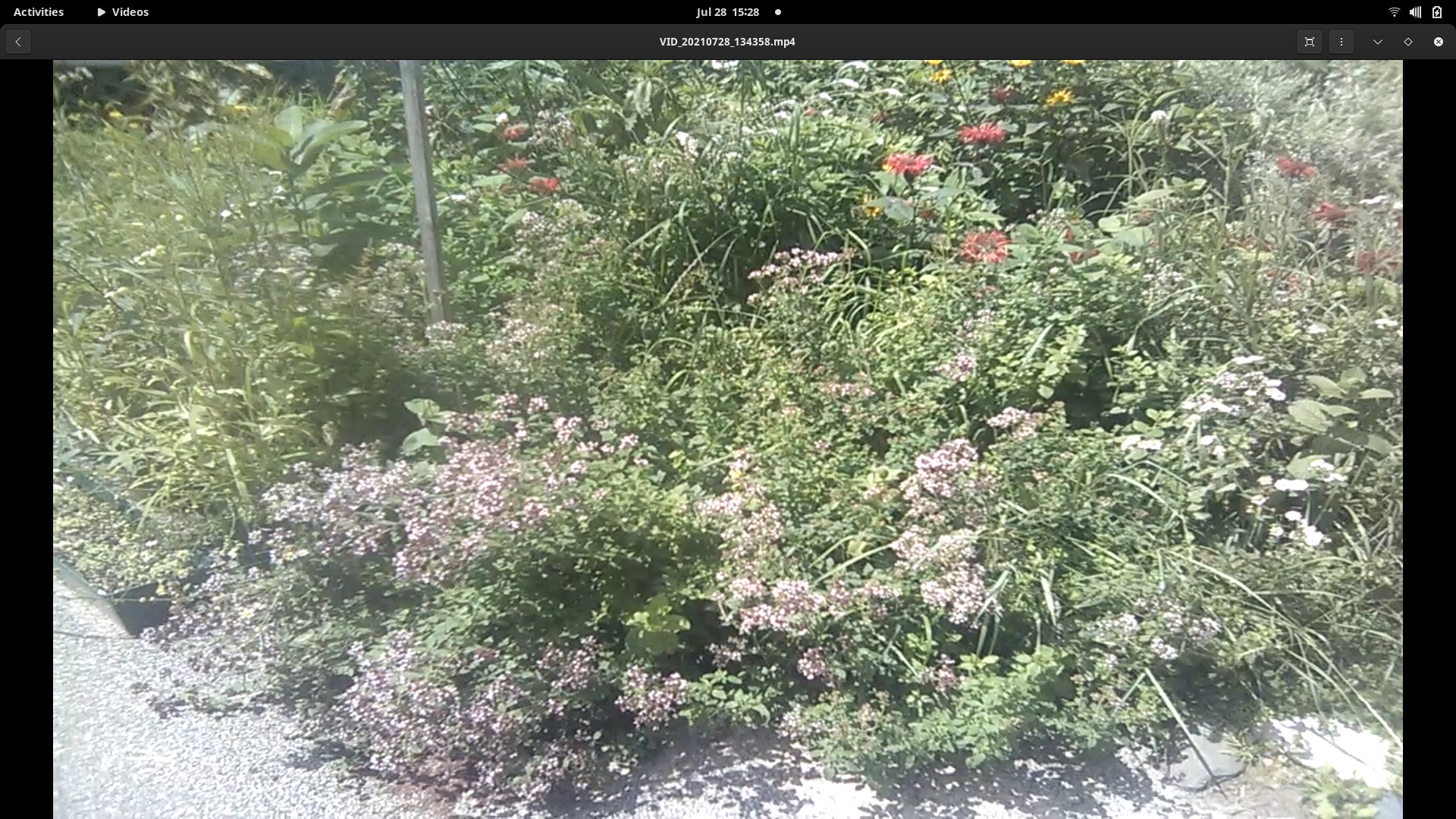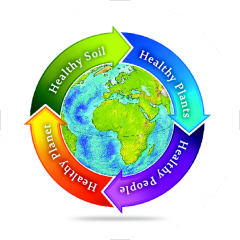Upon first arriving at my new place, I was surprised to find, despite a lot of plants & flowers on the premises, a near complete lack of any pollinators visiting those flowers.
I immediately began amending the soils with NatureSoil Products’ Vermicasts, organic amendments, and liquid feeds.
Now, just one year later, the premises are swarming with active & happy pollinators, eagerly feeding on the pollens & nectars.
From Butterflies to Bees to Wasps to Humming Birds to a large number of smaller & unknown pollinators, these gardens have become naturally happy places.
I’ve attached videos here of flowers where 4-5 bees are crowded inside the flowers, busily walking over each other trying to gather as much pollen & nectar as possible.
Videos of garden spots where half-a-dozen to dozens of butterflies & bees are eagerly feeding on flowers.
See, in my research & observations, humans aren’t the only species that crave better tasting foods.
From animals to insects, it seems Nature’s creatures seek out the best tasting foods.
Even the oft-regarded “lowly” microbes seek out better tasting foods.
Flavonoids, terpenoids, polyphenols, and other natural compounds are often recognized as contributing to characteristics of “flavor”, “taste”, “smell” and other such sensory perceptions.
Those compounds, often largely grouped as Secondary Metabolites, serve vitally important functions in the workings of Nature.
These natural compounds are often formed during the natural decomposition process of organic matter.
And are therefore one of the main benefits of using natural compost in gardening.
Secondary Metabolites are often called Phytochemicals, as they are typically found in most plants.
Those Secondary Metabolites are important to the biological functionings of microbes.
Those microbes are vitally important to the botanical/biological functioning of plants.
Secondary metabolites serve: (i) as competitive weapons used against other bacteria, fungi, amoebae, plants, insects, and large animals; (ii) as metal transporting agents; (iii) as agents of symbiosis between microbes and plants, nematodes, insects, and higher animals; (iv) as sexual hormones; and (v) as differentiation effectors.
It’s all part of the mutually beneficial and co-dependent nature, of Nature.
Synthetic fertilizers DO NOT produce nor provide these Phytochemicals.
So, plants grown in synthetic fertilizers will lack the taste, flavor & smell qualities sought out by humans, animals, insects, microbes & such.
There are a good number of theories as to the cause of the large-scale declines in the numbers of pollinators, and though there are likely a number of different contributing factors, my research & observations have led me to believe that negligence of the importance of these secondary metabolites, in regards to soil & plant care, have resulted in poorer quality plants, which now largely lack the taste & smell characteristics sought by Natures creatures.
And that the majority of plants & flowers, being fed by lower-quality & nutrient deficient synthetic fertilizers, lack the natural nutritional & more complex protective qualities that Natures’ creatures need, to thrive & survive.
Without adequate levels of these Secondary Metabolites, microbes lack the defense to maintain natural health, and ward off pathogens.
Without adequate levels of these Secondary Metabolites, pollinating insects lack the defenses to maintain natural health, and ward off pathogens & disease.
Enjoy these following videos (clicking on the images will take you to an external YouTube site):



NatureSoil Products™ – Healthfoods for Your Plants, Farms and Gardens
Organic Soils – Soil Blends – Soil Amendments – Liquid Supplements – Organic & Non-GMO Seeds